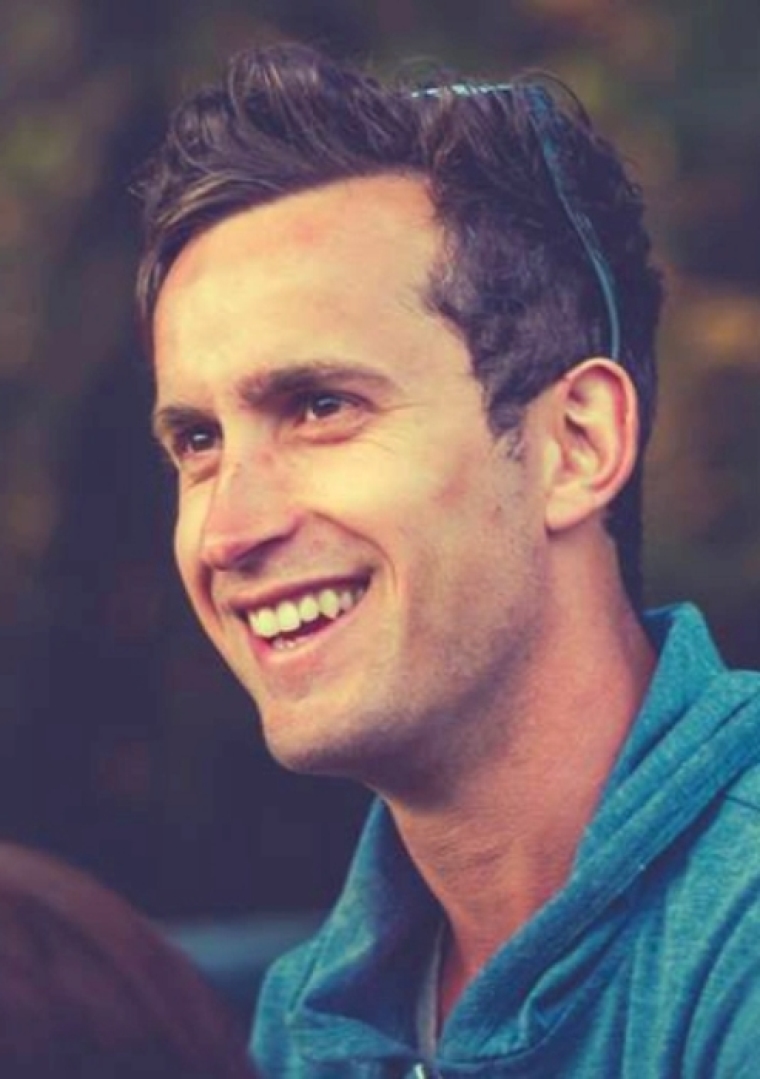

Have you ever heard a good answer to why there is suffering in the world?
Any answer given will seem ridiculous and cannot satisfy everyone; least of all those suffering right now. Stephen Fry makes a great point in an interview online: he says he can't believe in a god who can allow bone cancer in kids. I think I'd have to agree with his logic.
But instead of trying to answer why God allows suffering I want to look at why Jesus said blessed are the poor, the meek and those who mourn.
The blessed poor, meek and mourning show us that the vulnerable and the suffering have a head start in experiencing God.
Richard Rohr calls it the bias towards the bottom. At the bottom, we're totally dependent, open, in need and able to let go of ego and inner critic. At the bottom you're not trying to impress anyone.
Once you're at the bottom you're able to admit your defeat and inability to change yourself. (It's the first step in the AA.)
To be clear, we cannot ignore poverty and other systematic issues like human trafficking or slavery! These global issues need serious policy change and commitment to help from all levels but pain is everywhere. There is suffering whether it's visible or not.
All of it is horrendous whether you're on the streets of Kolkata hungry or a depressed millionaire about to end your life because you have everything the world except a reason to live.
Straight talking
Suffering is a heavy topic, and Jesus spends much of his time calling people to live a fair, generous and countercultural life. He tells us to look after the widows and orphans and love one another.
Interestingly, Jesus is most direct when addressing money and hypocrisy. He says you can't serve both God and money. He calls the teachers of the law a brood of vipers.
His harshest words are saved for the religious leaders who don't show love, mercy and compassion, but serve up mere rule-keeping instead. He seems most annoyed at people who pretend to be holy but are dirty and corrupt on the inside.
Jesus wants to free people from the religious structures that enslave, which give us a rule book of thou-shall-nots. He comes to question embedded institutional cultural practices that keep people from truly living and experiencing a loving God from the inside out.
He chose to do this by suffering himself; he hung out with those on the margins, and invited us all to the table.
Neverland
I believe Jesus came to show us that being stripped bare of our power and control is the only way we can experience God deeply.
The marginalised have a better view of this: that God's redemption is available to all; that God is there with us in our personal ditches of suffering, on all levels.
A god who fixes all our pain and keeps us in a lulled state of bliss isn't a god who can accept suffering. That god would have us all strapped into the matrix of some blissful, numbed Neverland.
The old widow
I heard a parable, from Peter Rollins, about a widow who loses her only son to a terrible disease. Without a husband or other children she's got nothing so she refuses to bury her son.
To avoid grief she wraps herself in his burial cloth and seeks magicians and religious people to bring her son back to life. She can't accept what's happened. She'd rather die than bury her son.
No one can bring her son back to life but they speak of one at the top of a hill who may be able to help. She climbs the hill, and the old wise man there says he can help. He says he needs to make a potion which requires a mustard seed from a household that hasn't been touched by any suffering similar to hers.
The woman seeks the seed but finds that everyone she meets has also felt pain. Everyone has been marred in some way by similar suffering.
In her seeking, she comes to grips with her own grief and feels less alone. She finds solidarity in the suffering of others. This doesn't fix her problem or take her pain away but in the end she is able to bury her son, and sees the wise man never had a cure anyway.
Me too
I believe this is why the best fundraisers for cancer charities are people who have lost loved ones to cancer. The best mentors for those with addictions are those who have experienced them too but are in a healthy place on the other side.
The only God we could ever trust in a world of suffering is a God who has been through our pain. He, in essence, spreads his arms out wide and says me too.
It leaves me wondering, whose suffering can I help to alleviate by saying me too? Whose suffering are you able to stand alongside in solidarity?

It can be ridiculous to give words to why God allows us all to suffer but it seems like all our pain is something of a gateway. Somehow, through the mess and disorder, we die and rise and new life can begin to emerge.
Our suffering, though unbearable at times, can create unity—and lessons with or without answers to why it happens in the first place.
Brad Mills enjoys the outdoors and almost any sport... For a day job he's a journalist who works at the Rhema Broadcasting Group in Auckland New Zealand.
Brad Mill's previous articles may be viewed at www.pressserviceinternational.org/brad-mills.html